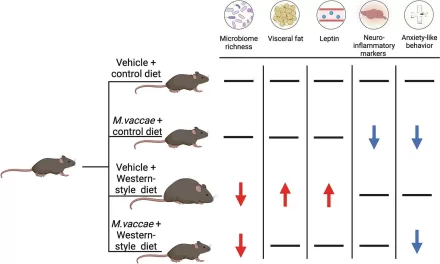Diagnoses of cancer during pregnancy, while rare, are becoming increasingly common worldwide, including in Australia. Experts are striving to understand why this rise is occurring and how to best address the challenges these cases present.
A Personal Story Highlights the Struggle
Gina Chick, a former winner of the reality show Alone Australia, was diagnosed with breast cancer just days after learning she was pregnant. In her recent book, she recounts her experiences with chemotherapy during pregnancy and the difficult journey that followed.
Her story sheds light on a growing phenomenon: cancer diagnoses associated with pregnancy and the postpartum period.
How Common Is It?
Although rare, the prevalence of cancer during pregnancy or within a year postpartum has risen significantly. A study in New South Wales found an increase from 94 cases per 100,000 women giving birth in 1994 to 163 per 100,000 by 2013. Similarly, a 2023 Swedish study spanning 1973–2017 reported comparable trends.
Approximately 25% of these cases are diagnosed during pregnancy, with the rest occurring within the year after birth.
Types of Cancer
The most common cancers during pregnancy include:
- Breast cancer
- Skin cancers (including melanoma)
- Thyroid cancer
- Gynecological cancers (such as cervical and ovarian)
- Blood cancers
The United Kingdom’s first comprehensive review of pregnancy-associated cancer, which analyzed cases from 2016 to 2020, found that most cancers were new diagnoses and treated with curative intent. Encouragingly, 82% of pregnancies associated with cancer resulted in live births.
However, certain cancers, such as gastrointestinal cancers, posed a higher risk. These cancers often presented with advanced-stage diagnoses, as their symptoms overlapped with common pregnancy symptoms like fatigue or abdominal pain, leading to delays in detection.
Why Are Cases Increasing?
Researchers suggest multiple factors behind the rise, including:
- Maternal Age: More women are having children later in life, increasing the risk of age-related cancers.
- Prenatal Testing: Advanced genetic screening for fetal health can sometimes detect maternal cancers.
- Hormonal Influence: Pregnancy-related hormones like estrogen and progesterone may play a role in certain cancers, particularly breast cancer.
- Environmental Factors: Skin cancer rates, for example, reflect high UV exposure, while cervical cancer has links to smoking and HPV infections.
Treatment Challenges
Cancer treatment during pregnancy requires a delicate balance to protect both mother and fetus:
- Surgery is generally safe across all trimesters, depending on the cancer’s location.
- Chemotherapy is typically avoided in the first trimester due to potential risks but may be administered in later stages.
- Radiotherapy and targeted therapies require careful planning to minimize harm to the fetus.
Impact on Babies
While most babies born to mothers with pregnancy-associated cancer are healthy, there is a higher likelihood of preterm birth due to planned deliveries facilitating maternal treatment. Preterm birth increases the chances of low birth weight and lower initial health scores, though overall survival rates remain unaffected.
What’s Next?
The medical community is calling for more research to better understand and address pregnancy-associated cancers. Improved national databases combining cancer and obstetric data could inform clinical guidelines and enhance screening programs.
This rising trend emphasizes the need for vigilant monitoring, timely diagnosis, and comprehensive care for affected women and their babies, ensuring better outcomes for both.












